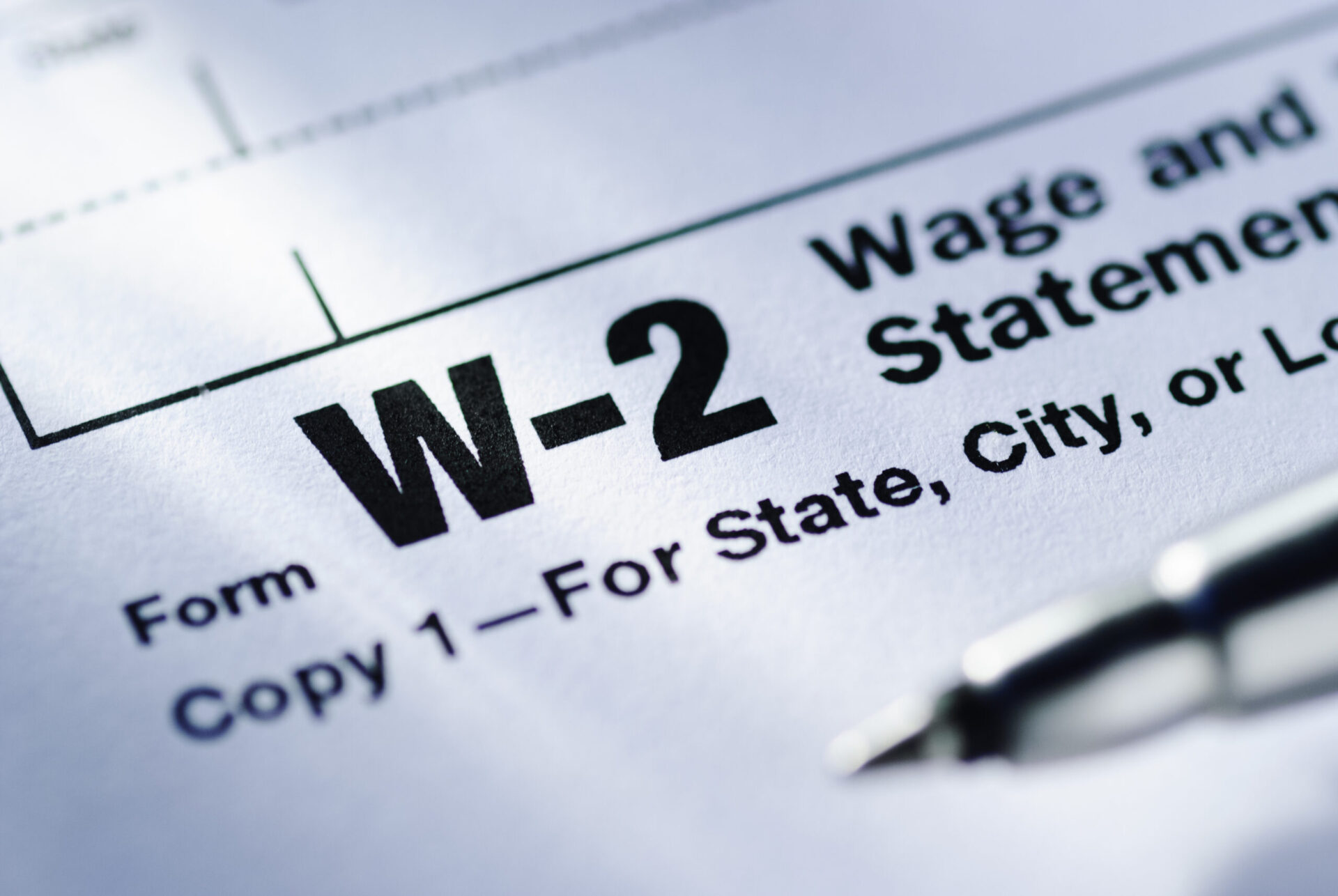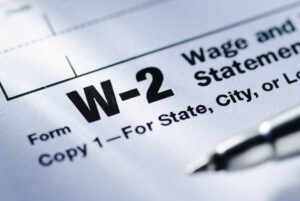It’s tax time again! April 15th is right around the corner – now is the moment to gather all of your necessary documents and prepare to file your taxes. Especially if you are fresh out of college and relatively new to paying taxes, you may feel unprepared walking into this tax season. Here at Lendah, we want to help you achieve financial success, and that means getting your taxes right!
The pandemic has made space for new tax laws and credits, making the process just a little more complex. In response, we put together a start-guide for filing your taxes in 2022.
How Do I Get Started Filing My Taxes?
The first thing you must do before filing your taxes is gather all of the documentation you will need. It’s important to make sure that you have access to all of your documents before you start, so you don’t have to worry about tracking down a rogue receipt in the middle of the process. The types of documents you need depend on many things and will vary from person to person, but it’s best to start with the basics.
Everyone who files taxes will need the following:
- Government-issued passport or ID
- Social Security number
- W2 form, 1099, and/or 1099-INT from your employers
It’s important to note here that your employers will provide you with the W2, 1099, or 1099-INT you will need. If you are freelancing or are self-employed, you will need to submit a 1099-NEC. You can also find all of these forms along with more in-depth tax information at usa.gov.
Filing Your Taxes
Now that you have all of your documents, you can move on to filing. You will need to figure out your filing status; that will depend on your marital status and how much you contribute to household expenses. If you aren’t sure what your status is, usa.gov has a tool to determine your status for you!
For people who have very basic tax burdens – one job, no spouse, no kids, no mortgage or assets – hiring a service can be really expensive and unnecessary. A good alternative for this group is to use tax-filing software like Intuit/TurboTax.
What Happens After Filing?
After your state and federal taxes are filed, one of two three things will happen:
- You will receive a tax refund
- You’ll owe the IRS tax money
- You will break even and neither owe or gain money.
Don’t stress if you owe the IRS money after you file your taxes. You have options for repayment and if you’re struggling to keep up with the payments, keep an eye on our Facebook, Twitter, and LinkedIn pages. We often post money-saving tips that can help you stay on top of your tax and credit card payments as well as helpful information about our debt consolidation loans.
If you receive a tax refund, we highly recommend that you use those funds to pay off your outstanding credit card debt. We wrote a blog detailing the best way to utilize your tax refund; you can check it out here.
The most important thing to remember when filing your taxes is that you don’t have to have all of the answers. There are tools and tax experts all around to help you navigate through tax season. While we can’t help you file your taxes, we can help you build a strong financial foundation so that when tax time comes around, you don’t have to worry about additional debt. Start building that foundation today on our website. Prefer to talk in person? Call us at 833-453-6324 and we’ll get you connected immediately with one of our loan experts.



Recent Comments